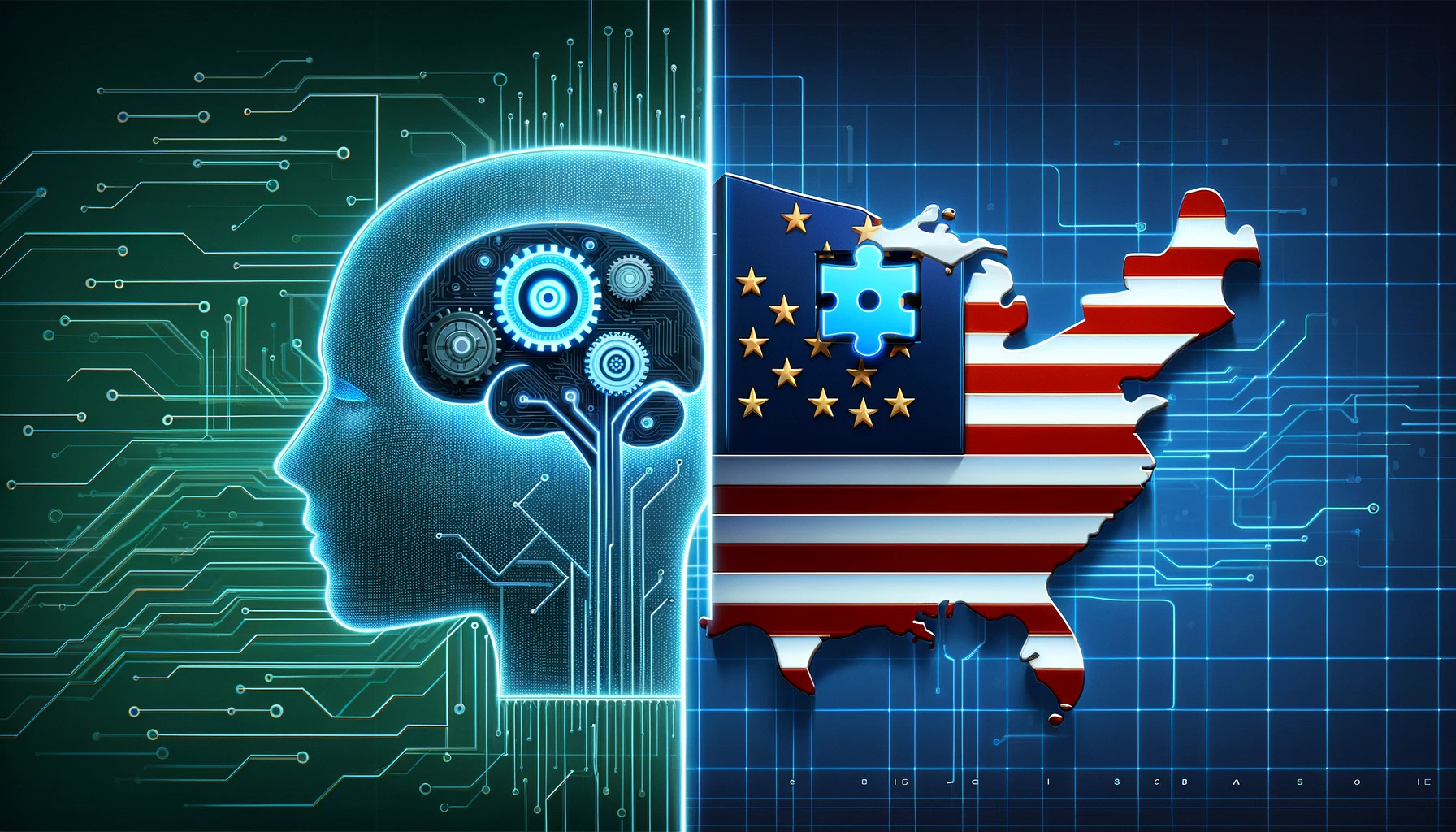
In the fierce competition for technological supremacy, China finds itself lagging behind the United States in the critical arena of generative artificial intelligence (AI). While Nvidia, an American tech giant, rides high in the stock market, the absence of a dominant Chinese contender akin to OpenAI underscores China’s struggle to carve its niche in the evolving landscape of AI innovation.
| Metric | United States | China |
|---|---|---|
| Top AI Institutions | 60% | – |
| Elite AI Talent | 57% | 12% |
| AI Researchers | 38% (origin) / 18% (working in US) | 47% (origin) / – |
China, eager to assert itself as a global tech leader, is striving to bridge the gap and catch up with OpenAI’s pioneering efforts. However, its endeavors are impeded by the overwhelming dominance of American tech titans like Microsoft, Google, and Amazon, who have established formidable positions in the U.S. AI market. Despite the influx of investments, including a substantial $2.7 billion boost from Amazon into Anthropic, a promising startup, China struggles to produce a comparable AI powerhouse.
In assessing the disparity between the U.S. and China in the AI realm, industry experts emphasize the substantial lead held by Silicon Valley. Paul Triolo, Senior Vice President for China at Dentons Global Advisors, highlights the stark reality, stating, “The leading Chinese companies are benchmarking against ChatGPT, which indicates how far behind they are.”
Jenny Xiao, a partner at Leonis Capital, concurs, affirming Silicon Valley’s indisputable advantage in AI innovation. She notes, “Not too many companies can support their own large language model. It takes a lot of capital. Silicon Valley is definitely well ahead of the game.”
The investment landscape further accentuates the gaping divide between the two tech giants. According to CB Insights, while the U.S. commands the lion’s share of AI investment, China’s share pales in comparison. In 2023, U.S. venture capitalists and corporate investors spearheaded AI investment to a staggering $31 billion, dwarfing China’s $2 billion influx.
Rui Ma, an AI investor, elucidates China’s predicament, stating, “China is at a big disadvantage in building the foundation models for Gen AI.” Despite leveraging Meta’s open-source Llama 1 model to narrow the chasm, Chinese contenders still trail behind their American counterparts, particularly OpenAI and Google’s Gemini.
Despite these challenges, China showcases resilience and a burgeoning AI ecosystem. Noteworthy developments include Baidu’s successful rollout of Ernie Bot, which amassed 100 million users within months of its launch. Additionally, strategic collaborations between tech giants like Baidu and Alibaba, coupled with substantial investments from entities like Moonshot AI, fueled advancements in AI research and development.
Baidu’s Ernie Bot emerges as a frontrunner among China’s AI contenders, signaling China’s potential to innovate and compete on the global stage. Moreover, former Google China president Kai-Fu Lee’s brainchild, 01.AI, supported by Alibaba and Sinovation Ventures, represents a promising addition to China’s AI arsenal.
However, geopolitical tensions and regulatory constraints pose formidable obstacles to China’s AI aspirations. U.S. restrictions on exporting high-end AI chips limit China’s access to crucial technologies, perpetuating its reliance on foreign hardware. Bernard Leong, founder of Analyse Asia, underscores this vulnerability, stating, “Chinese AI developers still largely rely on foreign hardware, particularly from U.S. companies, which is a vulnerability in the current geopolitical climate.”
The rift between the U.S. and China extends beyond technological competition, heralding the emergence of parallel ecosystems for gen AI development. Regulatory measures and export controls further exacerbate the divide, restricting the flow of AI technologies between the two superpowers.
As the race for AI supremacy intensifies, China faces an uphill battle to catch up with its American counterparts. Despite commendable efforts and significant investments, China grapples with systemic challenges and geopolitical constraints that impede its progress. However, China’s resilience, coupled with strategic initiatives and burgeoning talent pool, bodes well for its prospects in the fiercely contested arena of generative AI.
Related News:
Featured Image courtesy of DALL-E by ChatGPT
